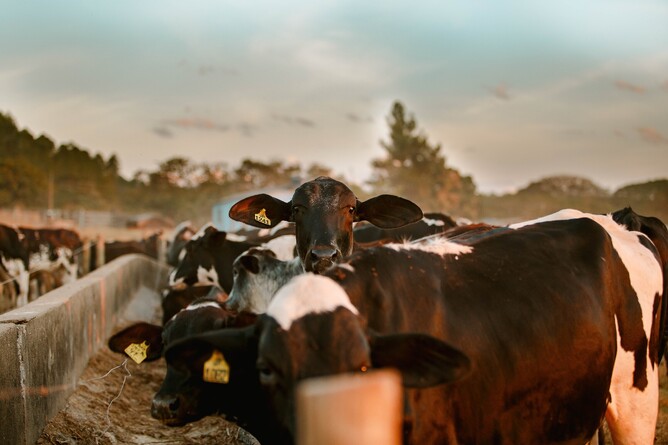Following 4 charges being laid by Ministry for Primary Industries (MPI) under the National Animal Identification and Tracing Act (NAIT), client ‘John*’ immediately sought the help of Gallie Miles to assist with the prosecution. That decision paid off, with the result being a record low penalty fined since the new penalty regime was introduced in 2019. Here we share the details.
Introduced in 2012, the purpose of the NAIT Act is to establish an animal identification and tracking system, to accurately trace animals, provide information on their location and movement history, improve biosecurity, manage risks to human health and support improved productivity and market requirements.
Mindful of his obligations, John had purchased NAIT tags which he felt would make his farm fully compliant. Unfortunately, he incorrectly presumed his cows would be registered when he attached the tags. This has been a regular theme in the cases brought under the NAIT regime to date.
John was accused of moving animals from his NAIT registered location to another NAIT registered location to utilise empty grazing land, and thought he was compliant. John received several infringement notices from NAIT but says it wasn’t clear what he should do to achieve compliance.
“It felt like NAIT just expected me to know everything without receiving the required training,” he says. Unfortunately, the NAIT regime imposes a strict liability approach meaning there are few if any defences available once non-compliance has been established, even if that non-compliance came about due to not knowing what was required.
John immediately came to see Gallie Miles who liaised with the prosecution to obtain full disclosure of all the evidence, and negotiate on a confidential basis to see what discounts or other relief would be available if John was to plead guilty at an early stage.
Once a guilty plea was entered, attention turned to obtaining a sentencing outcome that John could live with and afford to pay.
“John was shown to be a person engaging with the process, who wanted to do his best but did not fully understand his obligations under the Act,” Gallie Miles says.
The District Court judge was sympathetic to John’s situation as a hard-working farmer. He noted that when a NAIT officer finally sat with John and trained him on the animal registering process, John became compliant and has been so ever since.
“MPI requested that the Court impose a starting point of $30,000 across the four charges and wanted this increased further due to the previous infringement notices. Following two rounds of submissions, John was fined a total of $3,000 across all four charges. “This is the second lowest fine I have seen imposed since the new penalty regime was introduced in 2019. The only other decision lower than this is currently the subject of an appeal” says Gallie Miles.
“Our experience is that the majority of farmers are not aware of their obligations or that they could be charged for non-compliance. While the Court may be sympathetic initially, if you continue not to comply then you could see yourself facing a hefty penalty under the law, as we have seen in the past. Seeking legal advice early is the key.”
---
*John is not the client’s real name
Extra Reading - What is the NAIT Act 2012?
The purpose of the NAIT Act is to establish an animal identification and tracing system that:
(a) provides for the rapid and accurate tracing of individual, or groups of, NAIT animals from birth to death or live export; and
(b) provides information on the current location and movement history of individual, or groups of, NAIT animals; and
(c) improves biosecurity management; and
(d) manages risks to human health arising from residues in food, food-borne diseases, and diseases that are transmissible between animals and humans; and
(e) supports improved animal productivity, market assurances, and trading requirements.




